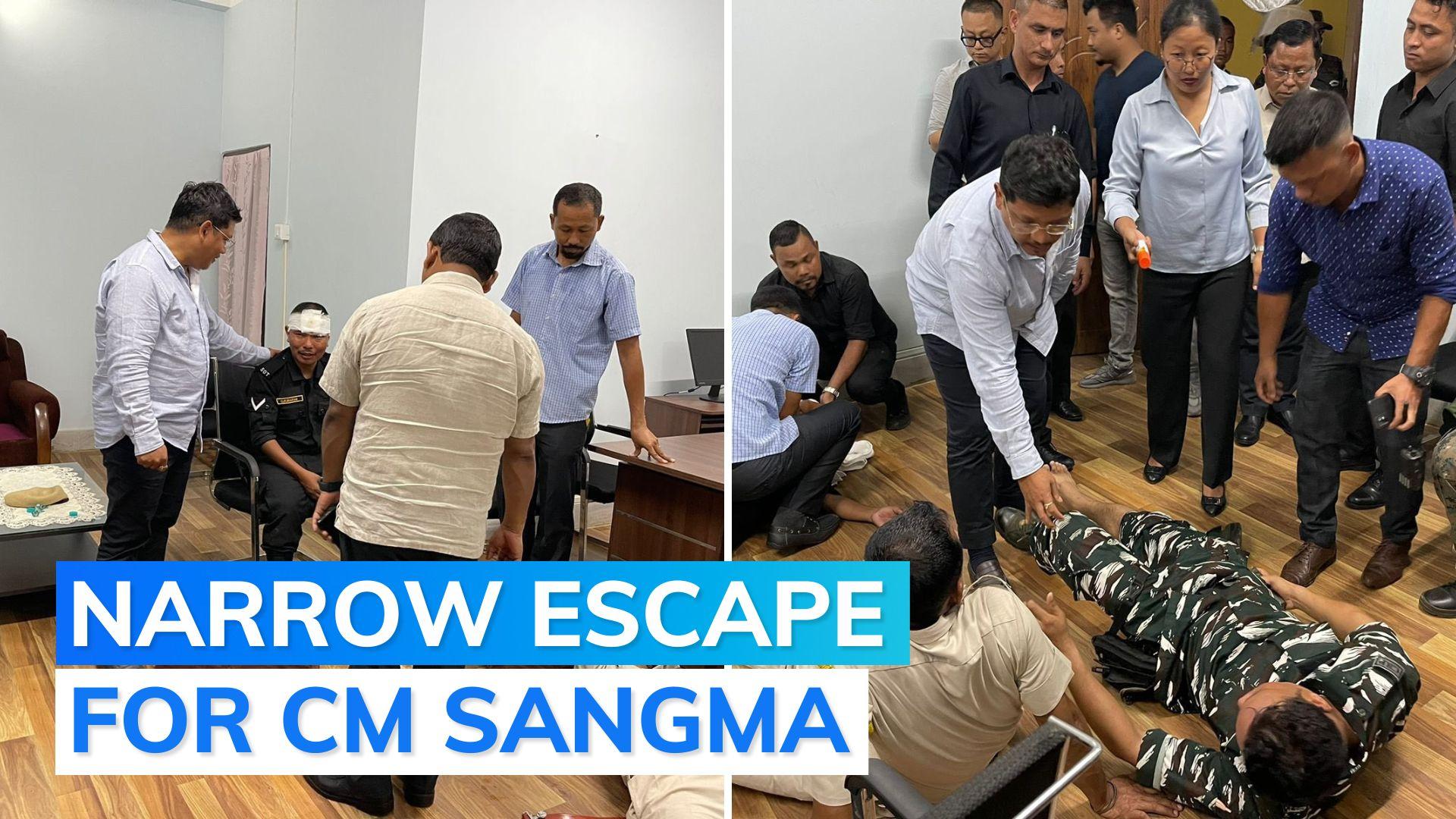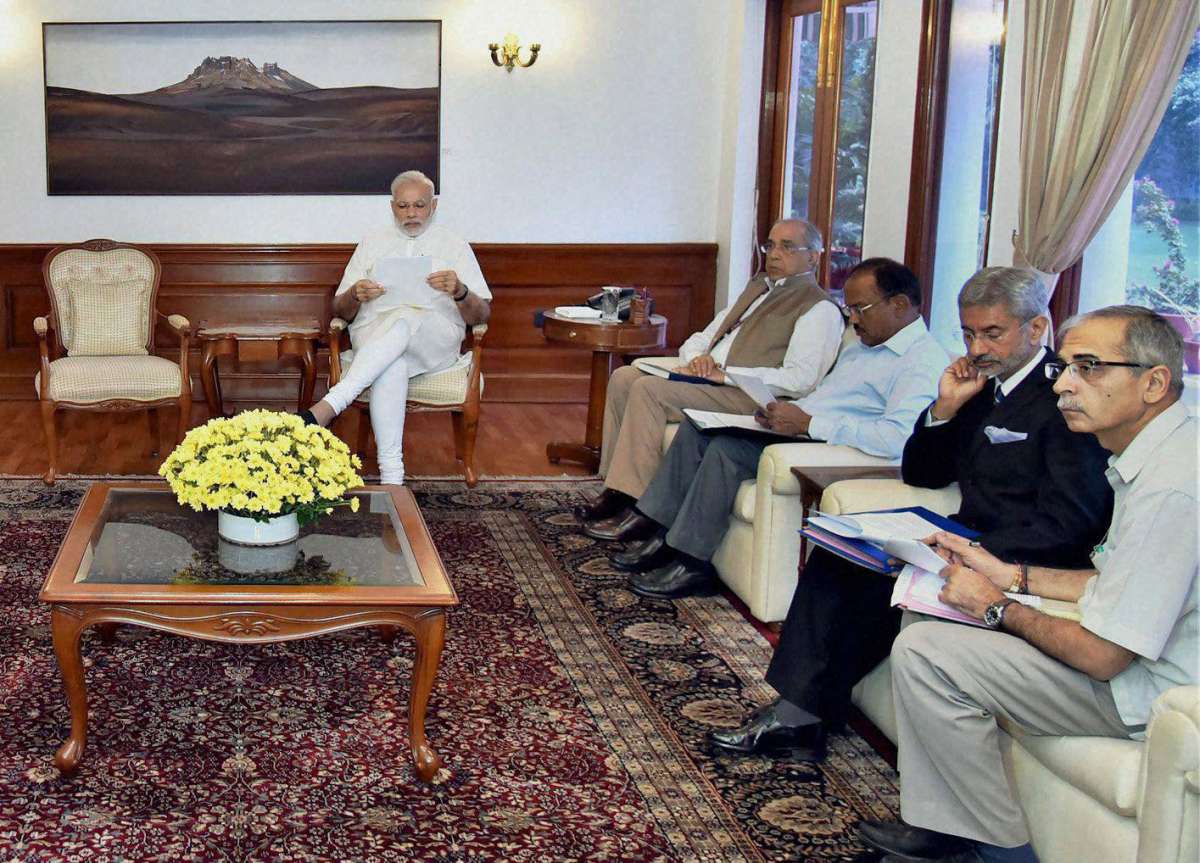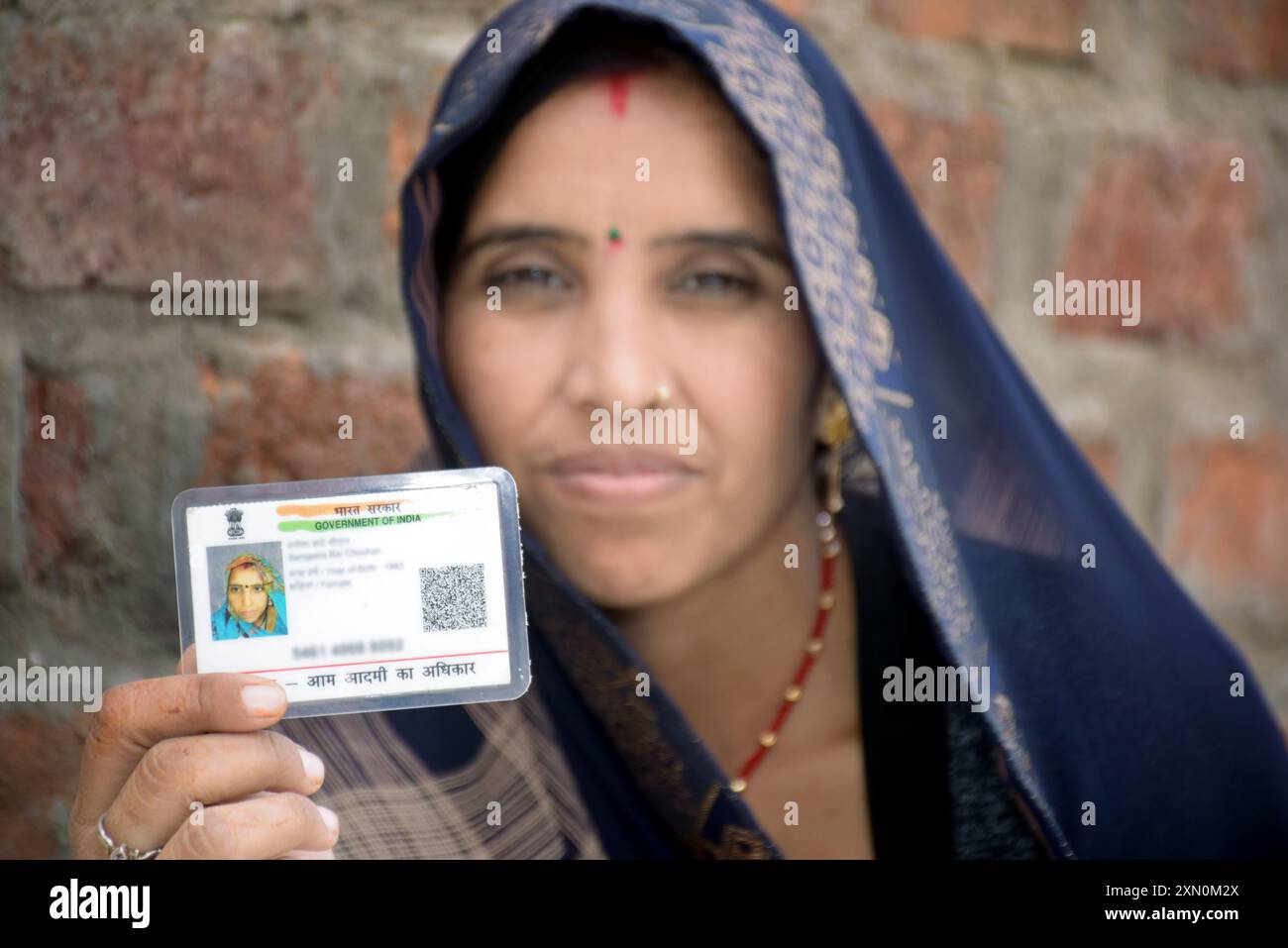


The Ramakrishna Mission in Meghalaya's Mawkynrew village has been targeted by a mob attack, just hours after the Mission requested urgent police protection for its school and 168 children and staff. The Mission has been embroiled in ongoing legal battles over land ownership, and has expressed concern over the incitement of violence against them. Despite following due process, the Mission's efforts to uplift the local community through education have been repeatedly obstructed by vandalism and violence. This recent attack on the school marks the third attempt to destroy its premises.
Violent Attacks on Meghalaya's Ramakrishna Mission: A Saga of Land Disputes and Community Tensions
The Ramakrishna Mission in Meghalaya
The Ramakrishna Mission, a non-profit organization founded in 1907, has been operating in Meghalaya for over a century, providing educational and social services to the local community. Its flagship institution in the state is located in Mawkynrew village, East Khasi Hills.
Land Ownership Disputes
For several decades, the Mission has been embroiled in legal battles over the ownership of the land where its school and other facilities are located. The land was allegedly donated to the Mission in the early 20th century, but subsequent claimants have disputed its ownership.
Inciting Violence
In recent years, there have been allegations that certain individuals have been inciting violence against the Ramakrishna Mission. The Mission has expressed concern that the land disputes are being used as a pretext to target them.
Vandalism and Violence
The latest attack on the Mission's school in Mawkynrew village is the third such incident in recent times. In 2019, the school was set ablaze, and in 2021, it was vandalized.
Request for Police Protection
Following the 2021 vandalism, the Ramakrishna Mission requested urgent police protection for its school and the 168 children and staff residing there. However, the Mission has alleged that its requests have been ignored.
Impact on Community
The ongoing attacks on the Ramakrishna Mission have raised concerns about the safety of its staff and students. They have also hindered the Mission's ability to provide vital educational and social services to the local community.
Top 5 FAQs and Answers
1. Why is the Ramakrishna Mission being targeted?
The Mission is being targeted due to land ownership disputes and allegations of incitement of violence against it.
2. What have been the previous attacks on the Mission?
The school in Mawkynrew village was set ablaze in 2019 and vandalized in 2021.
3. Has the Mission requested police protection?
Yes, the Mission has requested urgent police protection but alleges that its requests have been ignored.
4. What are the impacts of the attacks on the community?
The attacks have hindered the Mission's ability to provide educational and social services and raised concerns about the safety of its staff and students.
5. What is being done to resolve the situation?
Currently, the land ownership disputes are being heard in court, and the Mission is calling for an end to the violence and the protection of its facilities.

Indian Union Minister Hardeep Singh Puri responds sharply to Pakistani leader Bilawal Bhutto-Zardari's threatening statement on the Indus Waters Treaty, stating that Pakistan will have to pay a heavy price. Puri also mentions the recent throat-slitting gesture made by a Pakistani Colonel during a protest by Indians at the Pakistan High Commission in London, emphasizing the deteriorating state of Pakistan.

Ranjana Sonawane, the first recipient of India's Aadhar card, still lacks access to government schemes 13 years later. Despite being eligible for the Chief Minister Majhi Ladki Behen Yojana, Ranjana has not received any money due to an issue with her Aadhar being linked to someone else's bank account. This case brings to light the flaws in the implementation of government schemes in rural and tribal areas, where women like Ranjana often have their funds misdirected or lack necessary information.

The Indian National Congress (INC) has announced its plans to launch a month-and-a-half-long campaign in Jammu and Kashmir on April 22. The purpose of the campaign is to demand the restoration of statehood and to further the “Save the Constitution” movement. With the recent appointment of Syed Naseer Hussain as the new J&K in-charge, the party hopes to regain its lost support in the Union Territory. This campaign comes at a crucial time, as former supporters of the Congress leader Ghulam Nabi Azad have recently dissolved their party, raising questions about their political future. The Congress hopes to use this opportunity to highlight the BJP's failures in empowering elected governments and its betrayal over statehood.

Thousands of citizens in Pune are rallying together through an online petition to demand the protection of their city's hills and hill slopes from any construction. The petition is addressed to the former Pune Municipal Commissioner and Chairman of the state-appointed Committee on Bio-Diversity Park and Hill Top Hill Slopes. The citizens are concerned that the committee's review may result in allowing construction on the hills, while strict measures have already been mandated by the government to prevent it. The citizens stress the importance of preserving these natural areas for the city's ecological balance and urge the government to uphold its promise to future generations.

After the devastating terror attack in Pahalgam, Jammu and Kashmir, India has suspended the 1960 Indus Waters Treaty with Pakistan. This decision was made during a key meeting chaired by Union Home Minister Amit Shah, with discussions on potential actions being taken against Pakistan. As tensions between the two countries continue to escalate, Indian leaders have condemned Pakistan for their involvement in the attack and have vowed to take strong measures in response.

The Indian Army made its first major move since the Pahalgam terror attack on April 22, as they killed top Lashkar-e-Taiba (LeT) commander Altaf Lalli in an encounter in Jammu and Kashmir's Bandipora district. The security forces are on the hunt for the terrorists responsible for the brutal killing of 26 civilians and have launched a massive anti-terror operation. In other developments, Indian Army Chief General Upendra Dwivedi visited Srinagar for a security review meeting and the authorities demolished the houses of two suspected terrorists involved in the Pahalgam attack.

In a hearing at the Supreme Court, the bench rebuked Congress leader Rahul Gandhi for his "irresponsible" comments about freedom fighter Vinayak Damodar Savarkar. The judges highlighted the need to show respect for India's freedom fighters and questioned whether Gandhi was aware of his grandmother and Mahatma Gandhi praising Savarkar. The court also stayed an Allahabad High Court order that refused to dismiss a lower court's summons against Gandhi over his alleged remarks about Savarkar.

The Supreme Court has stepped in to warn Congress MP Rahul Gandhi over his comments about India's independence activist Veer Savarkar, staying a trial court's summons to the politician. The top court emphasized that Savarkar is a highly respected figure in Maharashtra and stated that no one would be allowed to make derogatory remarks about freedom fighters. The court also pointed out that Gandhi's family has had a history of praising Savarkar and Gandhi himself has been warned that the court will take suo motu cognizance of any such remarks. Additionally, the article also mentions an attack in Jammu and Kashmir that has led to heightened tensions between India and Pakistan.

In a successful operation by the security forces, a Lashkar-e-Taliba (LeT) terrorist associate, identified as Altaf Lalli, was killed in an ongoing encounter in the Bandipora district of Jammu and Kashmir. The encounter began after the security forces received intelligence about the presence of terrorists in the area. Two security personnel have also been injured in the exchange of fire and are currently undergoing treatment at a nearby hospital. The clash highlights the continued efforts of the security forces to combat terrorism in the region.

The Telangana-Chhattisgarh border is a hotbed of tension as security forces step up their efforts to root out Maoist activity from the region. Top Maoist leader Hidma is the target of current high-security operations, with forces strategically advancing through previously inaccessible areas. With mounting pressure, sources indicate that the hold of the Maoists in the region is gradually weakening, making for a tense and critical situation.